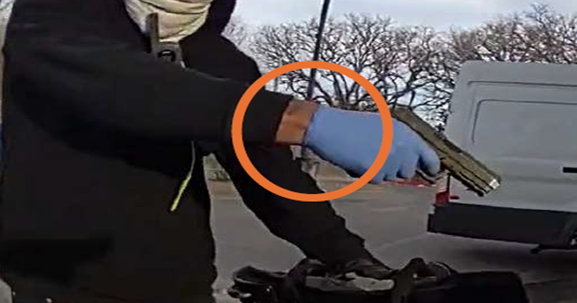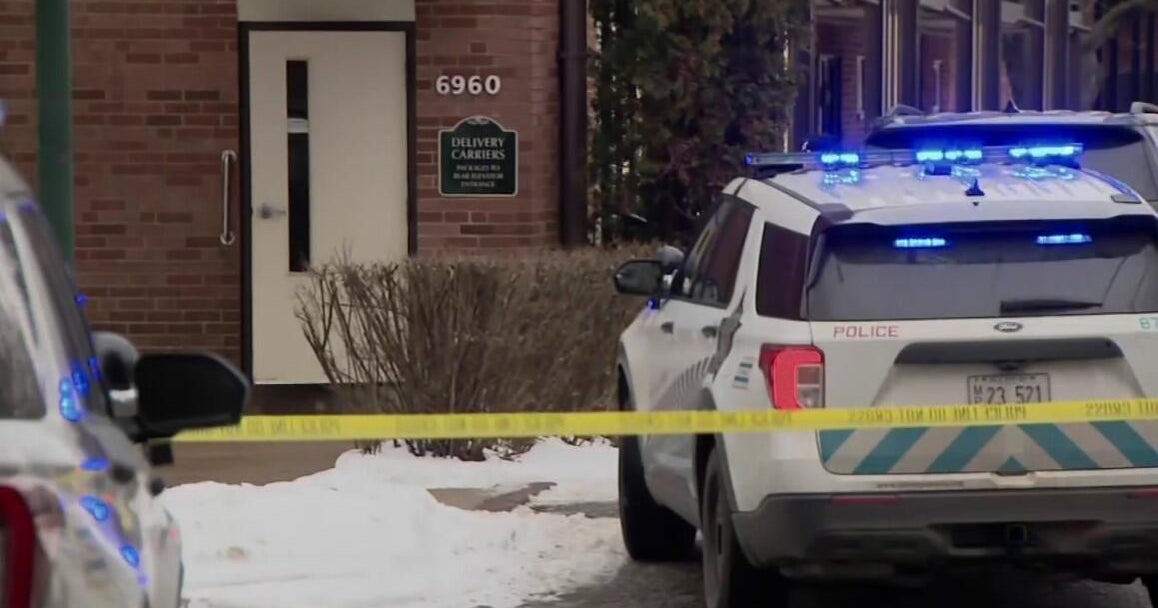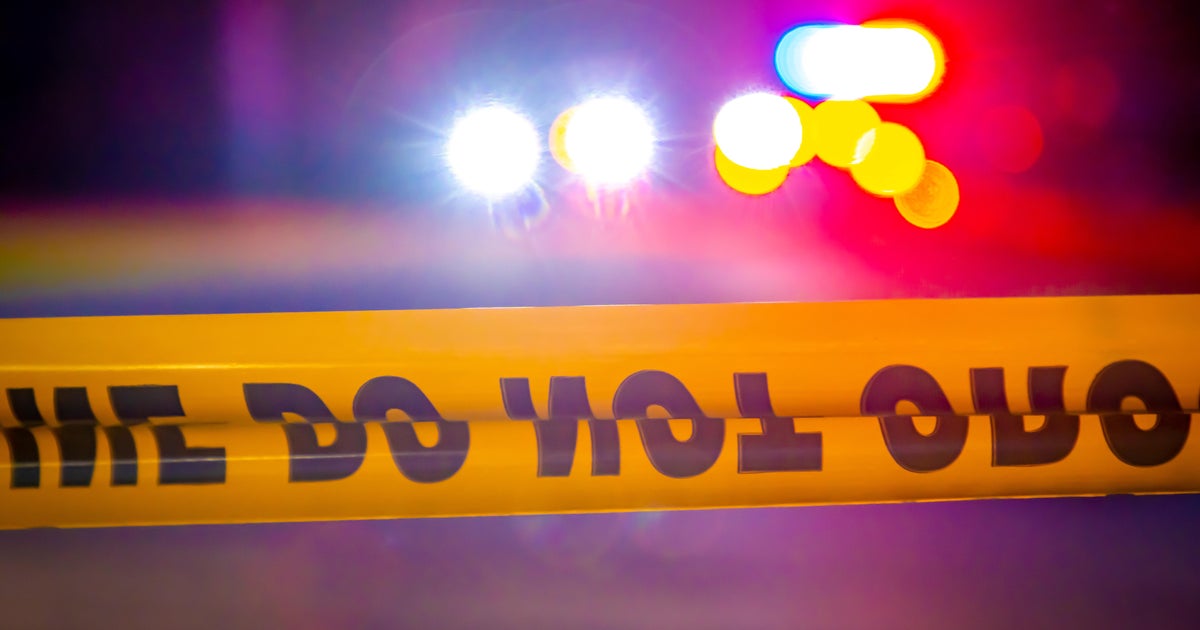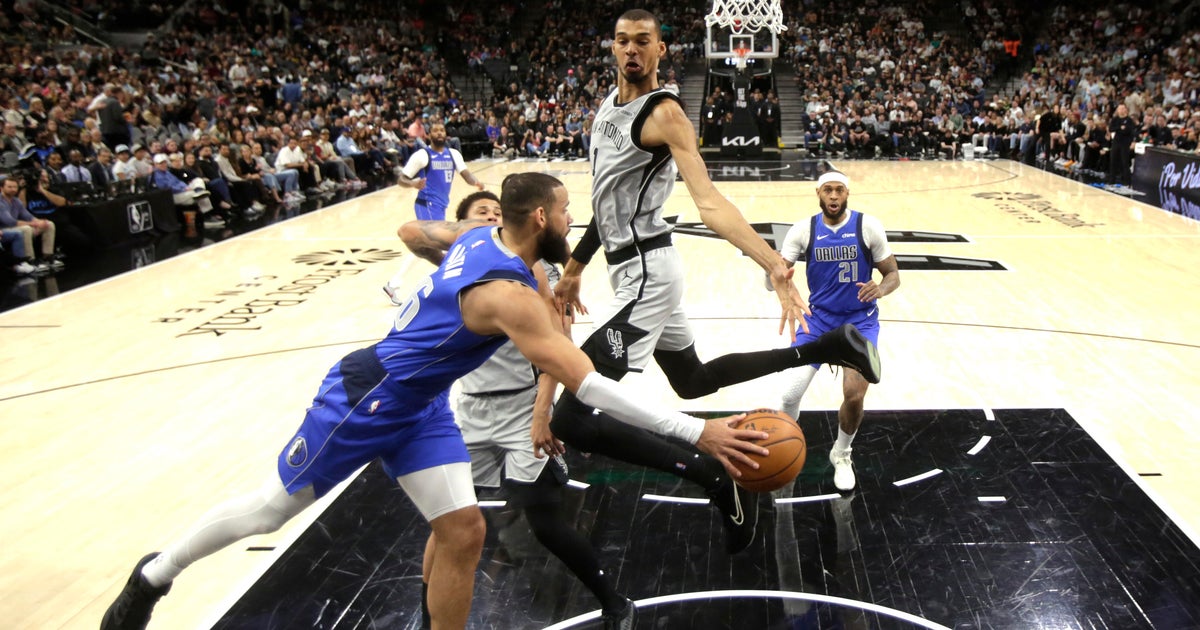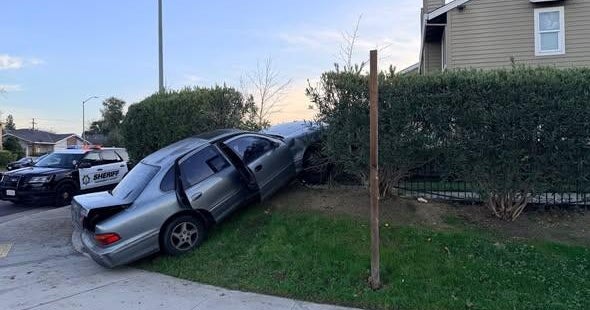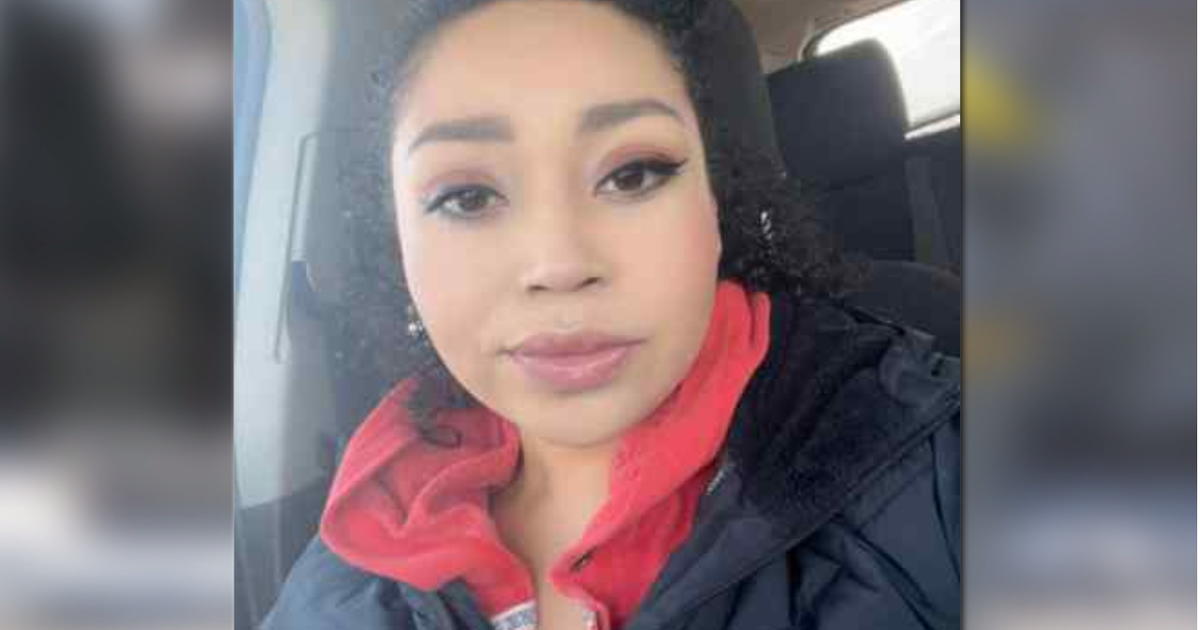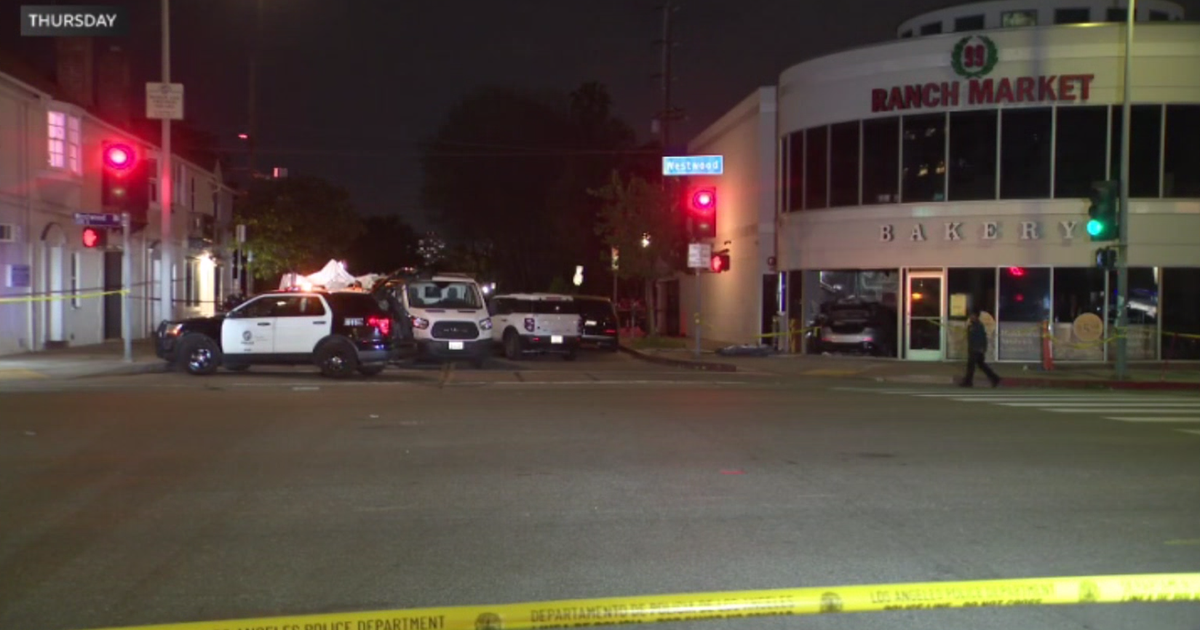Patty Hearst Documentary Producer: 'Jury Will Always Be Out' On Hearst
SAN FRANCISCO (CBS SF) -- The Patty Hearst saga is one of the most fascinating stories of the past 40 years.
The granddaughter of media tycoon William Randolph Hearst was kidnapped as a 19-year-old from her San Francisco apartment in 1974 by the Symbionese Liberation Army. A few months after being kidnapped, voice recordings of Patty were released where she denounces her family and calls them fascist insects. Shortly thereafter, Hearst was arrested while trying to rob a bank with the SLA. She identified herself as a machine-gun toting guerrilla named Tania.
The Smithsonian Channel is diving into this incredible story with a documentary called "The Lost Tapes: Patty Hearst."
Executive producer Tom Jennings spoke with CBS Local's DJ Sixsmith about the documentary, the wild sequence of events revolving around Hearst and why Hearst's story is still a mystery all of these years later.
DJ Sixsmith: How much did you know about Patty Hearst and her story prior to working on this project?
Tom Jennings: I knew a little bit more than most, only because I went to journalism school at Kent State in Ohio. In 1985, I won the Hearst Award for editorial writing. When you are one of the winners, the Hearst Foundation flies you out to San Francisco and you participate in this weekend long write-off. They sent the eight of us out to cover stories all over San Francisco. Prior to my trip to San Francisco, I studied up on the Hearst family. At that time, I started to get into William Randolph Hearst, where his money came from, "Citizen Kane" and all of those angles. Then I stumbled across Patty's story. I remember when she was pardoned by Jimmy Carter after she had gone to prison. That's when I started to get into the story. I listened to the tapes she had made and you couldn't make this stuff up. I hadn't thought about the story until a year ago when the Smithsonian Channel asked me to see what I could find out about the Patty Hearst story.
DS: What was the most surprising thing you learned while creating this documentary?
TJ: The number of communiqués that they issued, first the SLA (Symbionese Liberation Army) and then Hearst herself. There's a lot of audio recordings of her. First, she was reassuring her parents that she's ok and then the surprising part was that you actually get to follow her downward spiral toward becoming Tania, the revolutionary. You can hear it as the tapes go by, you can hear her being turned. My researchers thought she was in on it because she became the bank robber and the revolutionary. You really do hear in the tape recordings how she's turned from the daughter of a wealthy newspaper owner to someone who never wants to talk to her parents again. She uses the famous phrase "death to the fascist insects," which is something I had forgotten. It was more like a case study of her psyche.
DS: What type of impact did the photo of Patty with the machine gun in the bank have on society?
TJ: I think people were shocked when they saw it. Many people turned on her, however there was a moment when people wondered whether or not she was really in on it. Supposedly, one of the other women who was robbing the bank had her gun pointed at Patty Hearst. There was a debate about whether she was a willing participant or someone being forced to participate. Even with photographic evidence, people were able to cast doubt about whether she was truly a criminal or if she was still a kidnap victim.
DS: Why did you decide to tell the story without any narration or interviews?
TJ: By doing it the way we did it with no narration or no interviews, we want people to feel like they're in a time machine. We want people to feel like they're in 1974. This is what it was like to experience the Patty Hearst story in 1974. The jury will always be out on Patty Hearst about whether or not she was a victim the entire time. I think in hearing her recordings and seeing the CBS special she did when she released, she said she didn't even know who that person is. She said, "I don't know what happened to me." The documentary is immersive and no one is telling you what it was like back then. It's almost interactive and you are in the story as you are moving forward. People will come away with their own opinions with where you draw the line if you are a kidnap victim for more than a year. There's a chance for people to experience the story and it's really hard without interviews to get these nuanced themes across, but I think we stayed true to the story.
DS: You've previously done deep dives on people like Martin Luther King Jr. and O.J. Simpson. How did this project compare to those projects and other projects you've done?
TJ: They are all great. This one was particularly rewarding for a couple of reasons. We had the communiqués from the SLA and from Patty and were able to let them play in much longer takes than you would normally hear in a documentary. You're able to get a sense of what was going on. One thing that I had forgotten that sets this apart is that William Randolph Hearst came out of his house every day to give statements to the press. The famous shootout with the SLA in South Los Angeles also makes this project stand out. The house burned down and that was one of the first run and gun battles that was ever broadcast live on television. There's all these moving parts and when you bring them together, there was enough media and material in the Patty Hearst story to wrap our arms around it.
DS: When people watch "The Lost Tapes: Patty Hearst" this weekend, what do you want them to walk away thinking?
TJ: I really want people to feel like this is as close to the truth and the best presentation you can possibly ask for to learn about the Patty Hearst story. I want people to feel like its fair and accurate. I would love for people to to say "know I understand the entire story" and "now I get what it was like to have been there."
"The Lost Tapes: Patty Hearst" airs Sunday, November 26 at 9pm EST/PST. The Smithsonian Channel is a joint venture between CBS Corporation's Showtime Networks, Inc. and the Smithsonian Institution.
